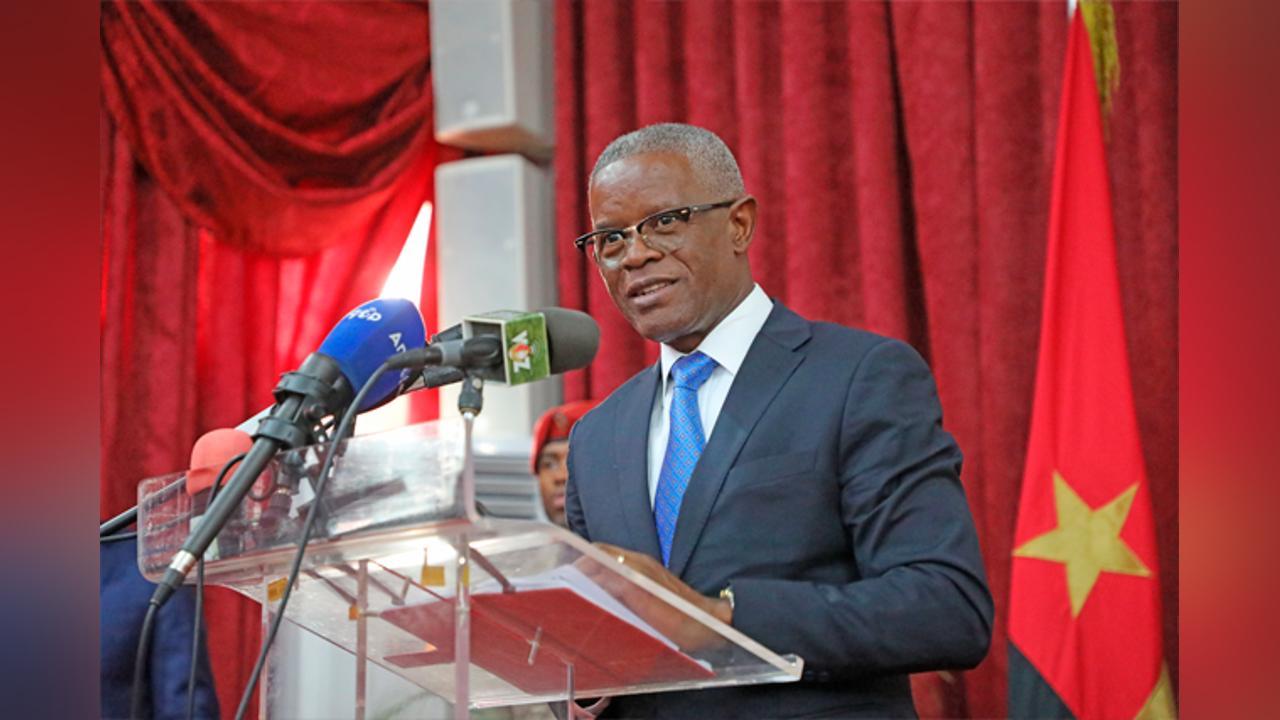Africa-Press – Angola. The Minister of State and Chief of Staff of the President of the Republic Francisco Furtado reaffirmed on Monday in Luanda, Angola’s commitment to implementing the Sendai Framework for Disaster Risk Reduction and the United Nations (UN) 2030 Agenda.
The Sendai Framework is a 15-year international agreement (2015–2030) adopted by the United Nations to substantially reduce disaster risks worldwide.
Furtado made the statement during the opening of the National Conference on the Integration of Strategies for Risk Reduction and Emergency Response. The conference focused particularly on Sustainable Development Goal 13 (SDG), which calls for urgent action to combat the impacts of climate change.
The minister noted that integrating disaster risk reduction, climate change, and environmental management strategies is a priority for Angolan public policy, aimed at ensuring national development is resilient, secure, and sustainable.
He highlighted the government’s investments in important infrastructure, such as the Cafu Canal and the Ndue and Calucuve Dams in Cunene, as well as similar initiatives in Huíla and Namibe provinces to combat drought.
The minister said these initiatives are accompanied by an updated Strategic Plan for Disaster Risk Reduction, a National Contingency Plan, the creation of local disaster risk management committees, and the promotion of training and practical exercises to improve response capacity at all levels.
The official stated that, in recent history, disasters have increased at the same rate that risks have arisen through human action and natural and technological changes, causing serious consequences for communities, the economy, and the environment.
According to the Minister of State, Angola has faced cyclical drought in the south of the country, as well as floods and inundations in the north, central, and eastern regions. The country has also experienced strong winds, erosion, serious accidents, and urban and forest fires. These events have put the civil protection system’s response capacity to the test.
He cited the recent accident in Serra da Leba in the Namibe province that killed dozens of people.
In his view, this episode reinforces the importance of strengthening pre-hospital care and improving the rapid, coordinated response capacity of the different actors in the national civil protection system.
The minister also emphasized the need for continued investment in science, technology, and innovation to integrate meteorological, hydrological, and geospatial data with territorial planning systems, ensuring evidence-based decision-making and addressing climate change.
The one-day National Conference on Integrating Risk Reduction and Response Strategies will cover topics related to the “Integrated Prehospital Care System for Major Accidents,” “The Role of Prehospital Care in Reducing Accident Mortality,” “Air Patient Transport Systems,” and more.
Themed “Financing Resilience, Not Disasters,” the event aims to strengthen national capacity for disaster risk reduction, integrated prehospital care, and fire prevention.
For More News And Analysis About Angola Follow Africa-Press






